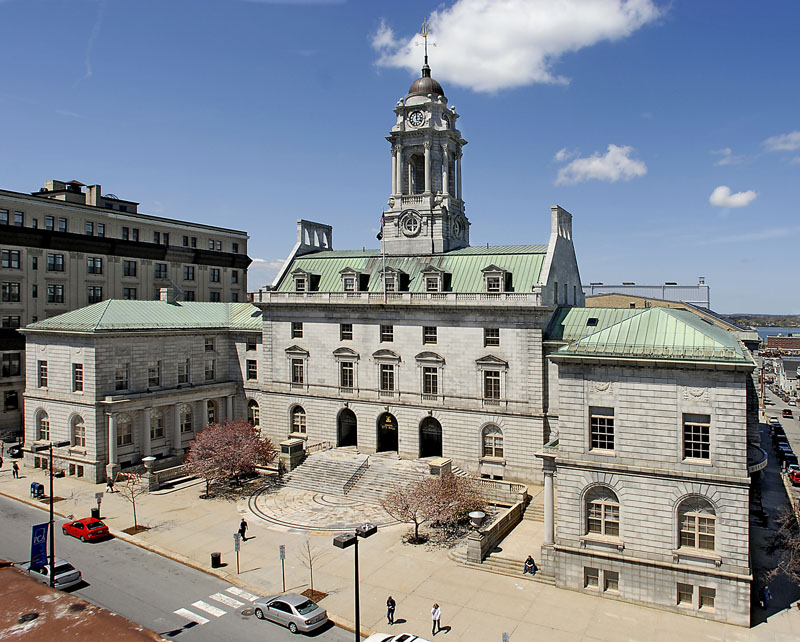Jonn Gnarr took a break from his radio show in Iceland this year to run for mayor of Reykjavik.
He promised kindergartners that he would replace the airport with a Disneyland. He pledged to provide free towels at all public swimming pools. And he set a goal of a drug-free Parliament — by the year 2020.
It was a big joke until Gnarr won the election with 34.7 percent of the vote.
As Portland’s charter commission puts the final touches on proposed changes, Iceland’s Mayor Gnarr is an example of what can go wrong when the vote is split too many ways.
The commission has come forward with a solution called “ranked choice” voting. In a multi-candidate election, voters pick their favorite candidate, but also cast second-, third- and maybe fourth-place choices. Those other votes are counted only if no one gets a majority in the first round.
Under that system, voters who wanted to send a protest message could vote for a “Gnarr” in the first round, and more conventional candidates in the later ones. In the end, the city would get a mayor who has broad enough support to govern.
It’s not the only way to get that result. A primary before the election or a runoff after it would both work too, but they would be more expensive.
The problem with ranked choice voting is not the math behind it, but the politics. As things now stand, Portland voters will be asked to put an elected mayor at the head of its government and also to introduce a new and unfamiliar form of voting on the same ballot question.
Ranked choice voting has supporters all over the country, but it also has critics, and both sides have taken the charter commission’s interest in this issue as an opportunity to weigh in.
There is a real danger that Portland’s very significant decision on adopting an elected mayor form of government could become a sideshow in a national slugfest between ranked choice voting antagonists.
The elected mayor is the central reform under consideration, and ranked choice voting is just one mechanism to make it work better. That’s why voters should get to consider them separately when they go to the polls in November, and not have both concepts as part of the same up-or-down question.
A Mayor Gnarr is something worth avoiding, but having no mayor at all is another way that things can go really wrong.
Send questions/comments to the editors.


